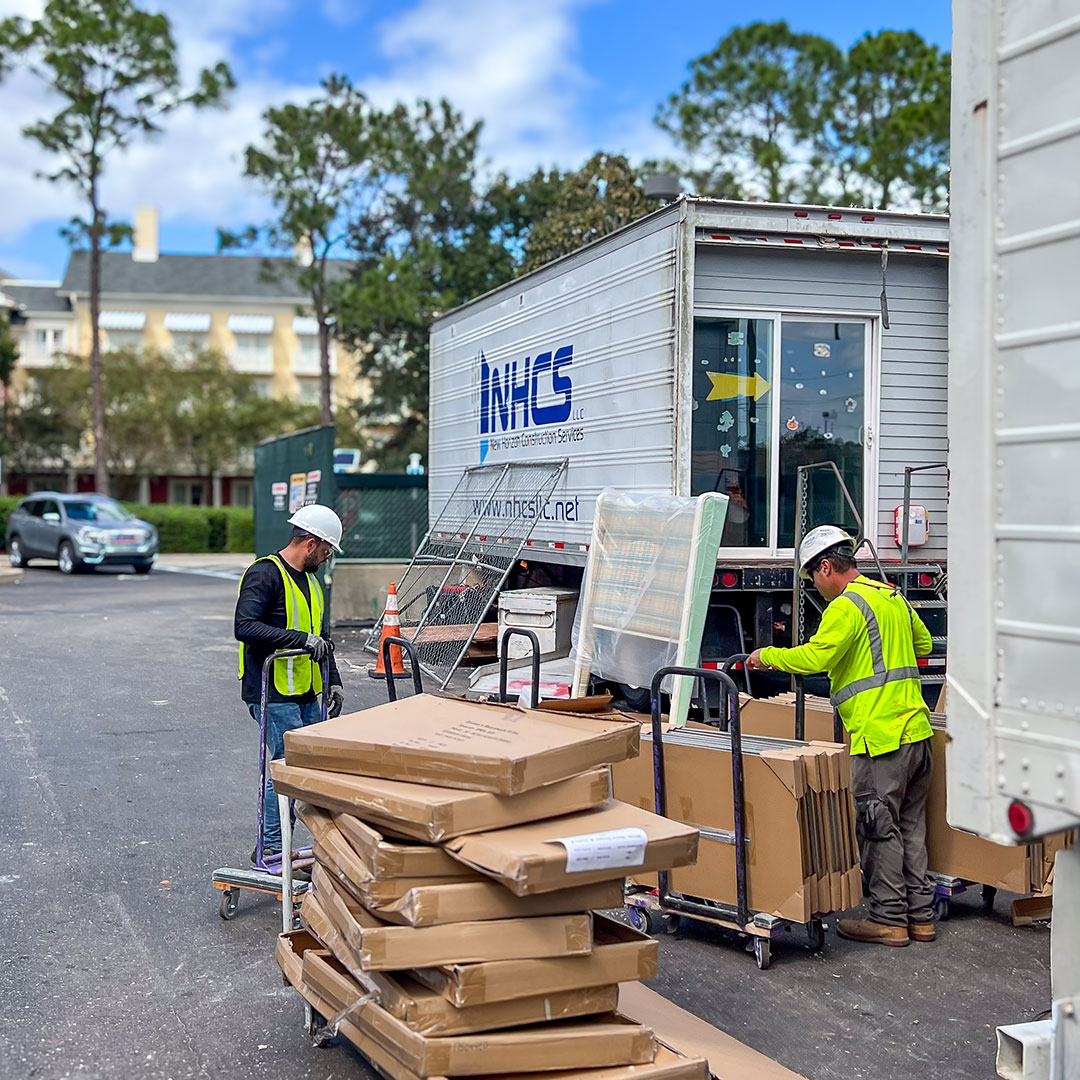How to Deal With Difficult Clients
If you work in an industry that performs services for others, you will run into difficult clients. Whether it’s unreasonable expectations, frequent changes to the project scope, or communication breakdowns, managing difficult clients requires a blend of professionalism, strategic thinking, and empty. Here’s our tips for effectively handling challenging clients.
Set Clear Expectations from the Beginning

The foundation of any successful project lies in setting clear, realistic expectations from the get-go. This involves a thorough initial meeting where project goals, timelines, budgets, and potential challenges are discussed in detail. Use this opportunity to:
Define the work scope: Clearly outline what’s included and excluded in the project.
Establish a timeline: Provide a detailed schedule highlighting key milestones and deadlines.
Discuss budget constraints: Ensure the client understands the financial scope and potential for unforeseen expenses.
Outline communication protocols: Agree on how often updates will be provided and through which channels (e.g., email, phone calls, or project management software).
Maintain Regular and Transparent Communication
Regular communication is crucial to keep clients well-informed and engaged. Here are strategies we recommend to ensure effective communication.
Weekly updates: Send detailed progress reports that include what’s been accomplished, any issues encountered, and the plans for the upcoming week.
Site visits: Invite clients to visit the site periodically to see the progress firsthand. If they can’t visit physically, you can provide them with drone footage so they can gauge progress.
Documentation: Keep thorough records of all communications, decisions, and changes. This documentation can be invaluable if problems arise.
Transparency builds trust, and clients are more likely to be reasonable and cooperative when they feel more involved in the process.
Be Proactive in Addressing Issues
Problems in commercial construction are inevitable. What sets successful companies apart is their ability to handle these issues proactively. When problems arise:
Address them immediately: The longer an issue lingers, the worse it can get. Promptly acknowledge and assess the problem.
Offer solutions: Instead of presenting the issue to the client, come prepared with potential solutions and how they impact the project.
Communicate clearly: Explain the issue and the proposed solutions in a straightforward, jargon-free manner so everyone understands what’s happening.
You can demonstrate your competence and commitment to the project’s success by taking swift and decisive action.

Manage Change Orders Effectively
Clients often request changes to the project’s scope, creating tension. To manage change orders:
Establish a formal process: Have a transparent, documented process for requesting and approving changes.
Evaluate impact: Assess how the requested change will affect the timeline, budget, and overall project.
Communicate costs: Be transparent about the additional costs and time associated with the change. Provide a revised estimate and timeline for client approval.
Stay Professional Under Pressure
Dealing with difficult clients can be stressful, but it’s crucial always to remain professional. This includes:
Listening actively: Sometimes, clients just want to be heard. Listen to their concerns without interrupting or becoming defensive.
Stay calm: Keep your composure, even if the client gets agitated. A calm demeanor can help de-escalate tense situations.
Be respectful: Treat the client respectfully, regardless of how challenging the interaction might be. Your professionalism reflects on your company’s reputation.
Know When to Escalate
There are times when issues with a demanding client might require higher-level intervention. Recognize when it’s appropriate to:
Involve senior management: If the situation is beyond your ability to resolve, involve a senior manager or executive who may have more authority or experience.
Seek legal advice: For serious disputes, particularly those involving contractual issues or potential legal action, consult your company’s legal team and know when it’s best to let them handle things moving forward.

Learn From Experience
Finally, use each challenging situation as a learning opportunity. Conduct a post-project review to:
Identify what worked: Determine which strategies were effective at managing a difficult client.
Analyze what didn’t: See if you can spot the things that you could have done differently to de-escalate the situation or make it better.
Implement improvements: Use these insights to refine your processes so you’re better prepared for these situations in the future.
Need an Estimate? Call New Horizon Construction Services
We’re a licensed, bonded, and insured MBE General Contractor in Central Florida. We provide pre-construction, construction management, design/build, and general contractor services. While based in Florida, we can complete projects throughout the country.
Contact us at 407-574-2164 for an estimate.





